Local stores adapt to plastic bag ban

Credit: Courtesy of Getty Images
Plastic bags at a grocery store register. Local stores discuss the impact of the plastic bag ban on business and operation of the store. “People have been bringing in a lot more of their own bags; the sales of our reusable bags have gone up,” a Donelan’s manager said.
March 14, 2018
Grocery stores in Wayland were recently required to remove all plastic bags from their stores. After being approved in an April town meeting, the ban came into effect on January 1, 2018. Since the ban began, local grocery stores have adapted to the change.
According to the new law, the ban of non-reusable plastic bags was in an effort to eliminate the significant impacts that thin-film single-use plastic checkout bags have on the environment.
As the ban took effect, Wayland’s grocery stores were required to change from plastic to paper bags, including Donelan’s and Stop and Shop.
“[The plastic bags] were cheaper; most customers usually chose plastic,” an employee from Donelan’s who chose to remain anonymous said.
A manager from Donelan’s noted that many of the plastic bags had multiple uses such as using them as trash bags or bags for cans, and most of the customers would continuously use the bags over and over again.
“[The customers] hate the paper. They used the plastic for a lot of everyday uses,” an employee from Donelan’s who chose to remain anonymous said.
At the town meeting in April of 2017, the plastic bag ban passed by a landslide; 188 Wayland residents voted in favor of banning plastic checkout bags while only two voted against. The measure was then approved by the Massachusetts Attorney General soon after the vote.
According to managers at both stores, residents were generally surprised about the change but are slowly getting used to it.
“A lot of customers were surprised about it.” Stop and Shop manager Frank Iaquinta said. “Right now, they’re getting used to it, and now we have paper bags with handles, which makes it easier to shop.”
Transition Wayland, whose website describes itself as “a movement of a community from an unsustainable and brittle state to a state of sustainability and resilience,” has been advocating for this change since Stop and Shop was set to open on November 16th, 2012. Transition Wayland wrote to Stop and Shop regarding the concern of plastic bags in 2012, promoting an educational campaign and a reusable bag giveaway in order to fix this issue. The letter outlined that Stop and Shop had many environmentally friendly aspects that other grocery stores didn’t have, such as solar panels. A measure to ban plastic bags was eventually brought to a Wayland town meeting, largely due to the efforts of Transitions Wayland.
Another alternative to plastic bags is reusable bags, which both Stop and Shop and Donelan’s have. According to the stores’ managers, many people have bought these bags both before and after the ban in an effort to be more environmentally friendly.
“People have been bringing in a lot more of their own bags, and the sales of our reusable bags have gone up,” a Donelan’s manager who chose to remain anonymous said.
Although responses to the plastic bag ban has been mixed, the manager believes that over time, residents will adapt to the change.
“The feedback has been fairly good at this point,” Iaquinta said. “[Stop and Shop is] aware of the environment and the ban going forward.”


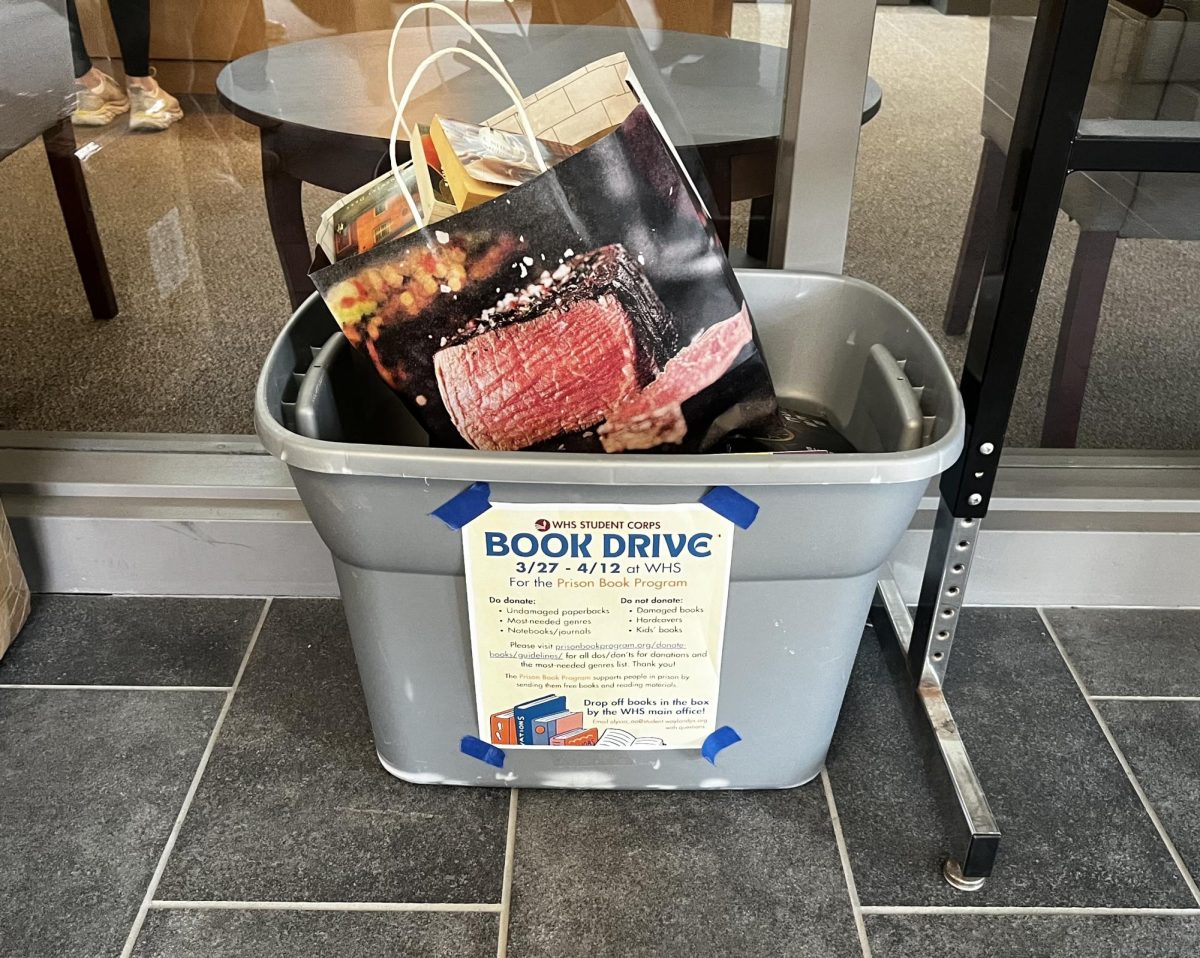

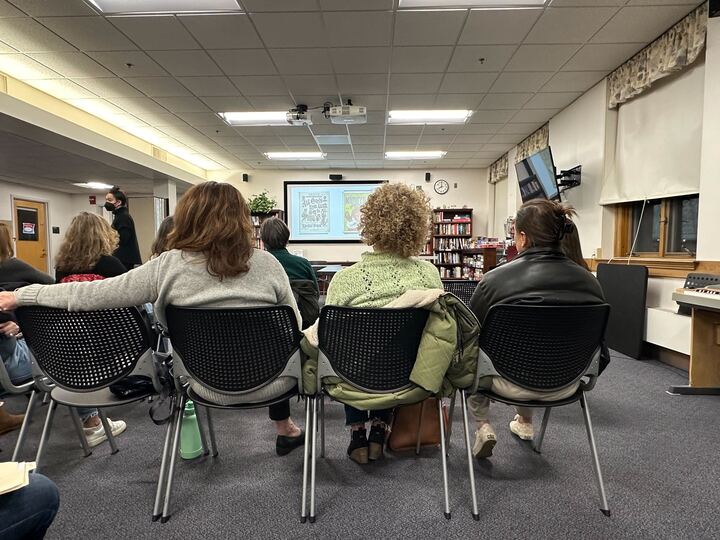







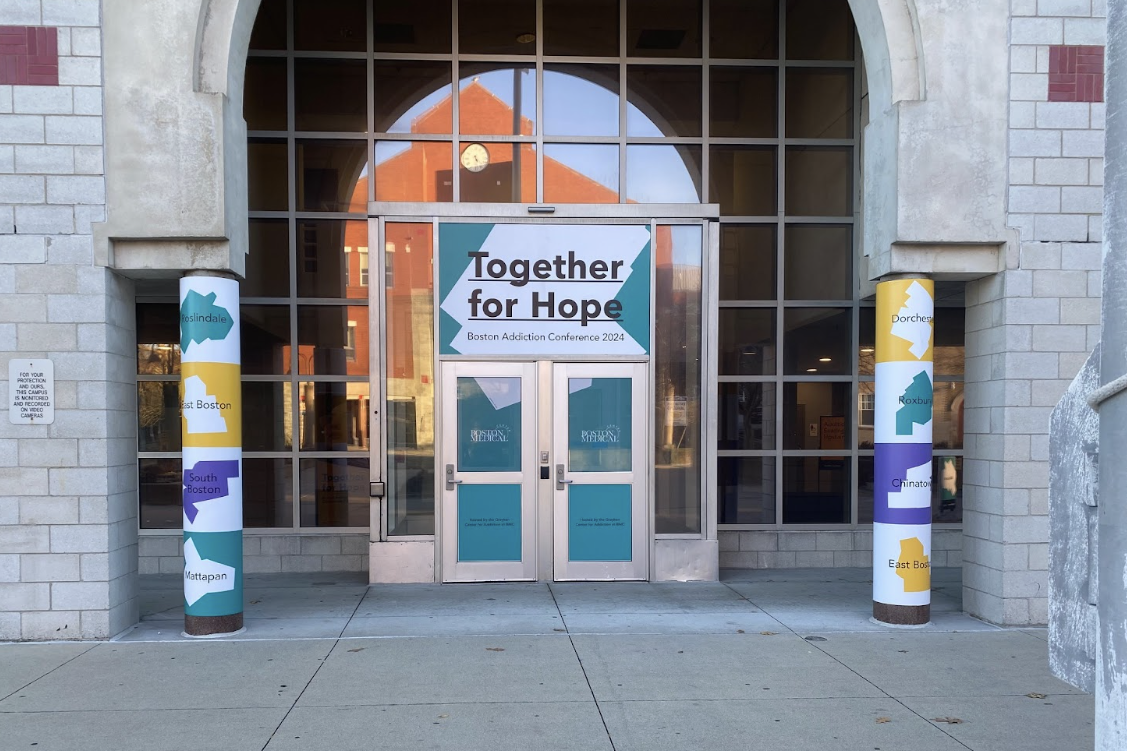




















































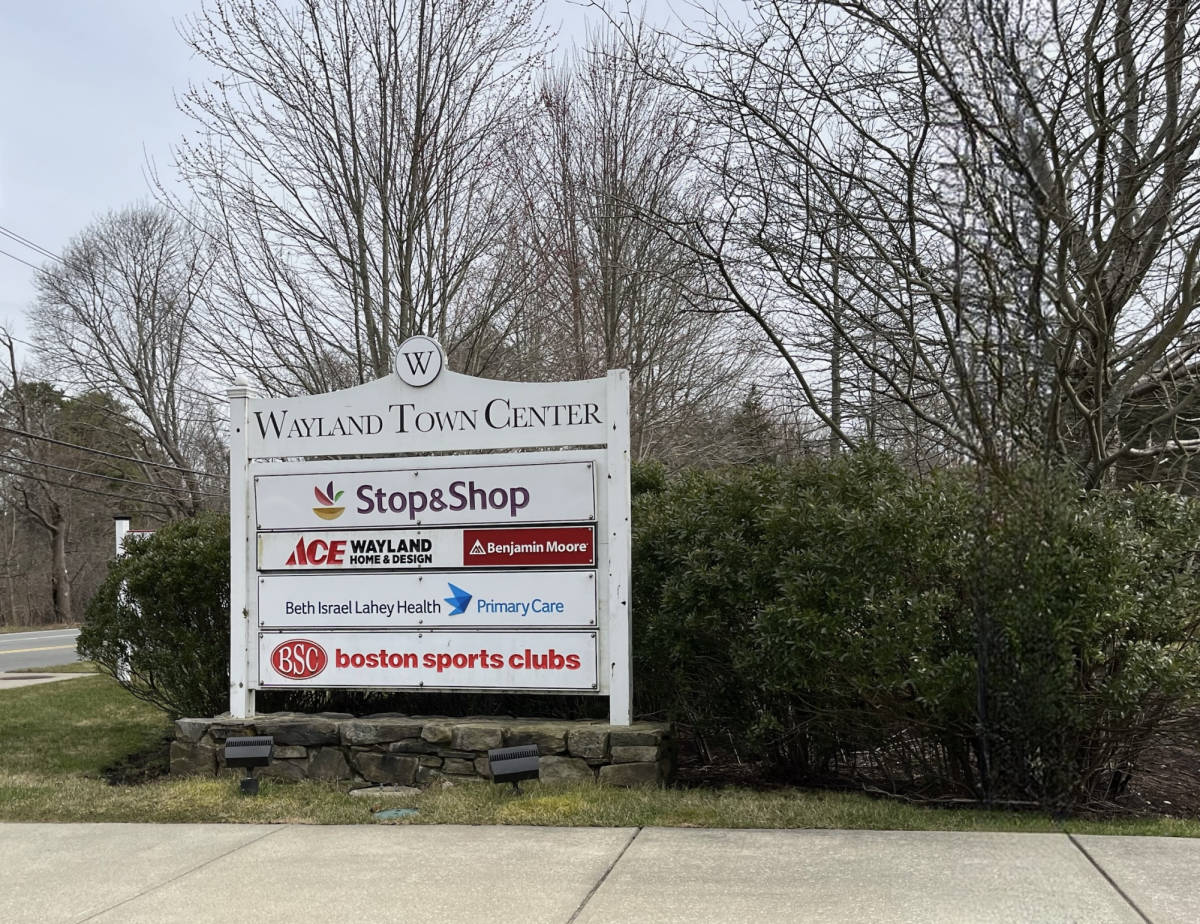






















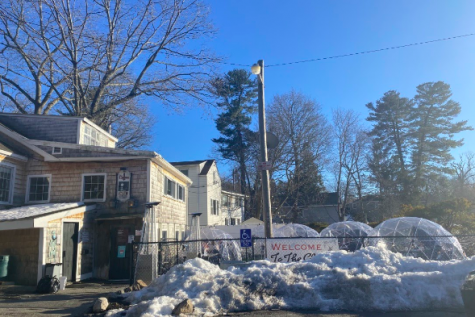

Arfa Moore • Nov 15, 2018 at 5:53 AM
This is a great information on plastic bag ban. I agree that, customers getting used to it, and now they have paper bags with handles, which makes it easier to shop. Thanks for sharing..!! Visit: https://www.icegreen.ca/products/reusable-bags/